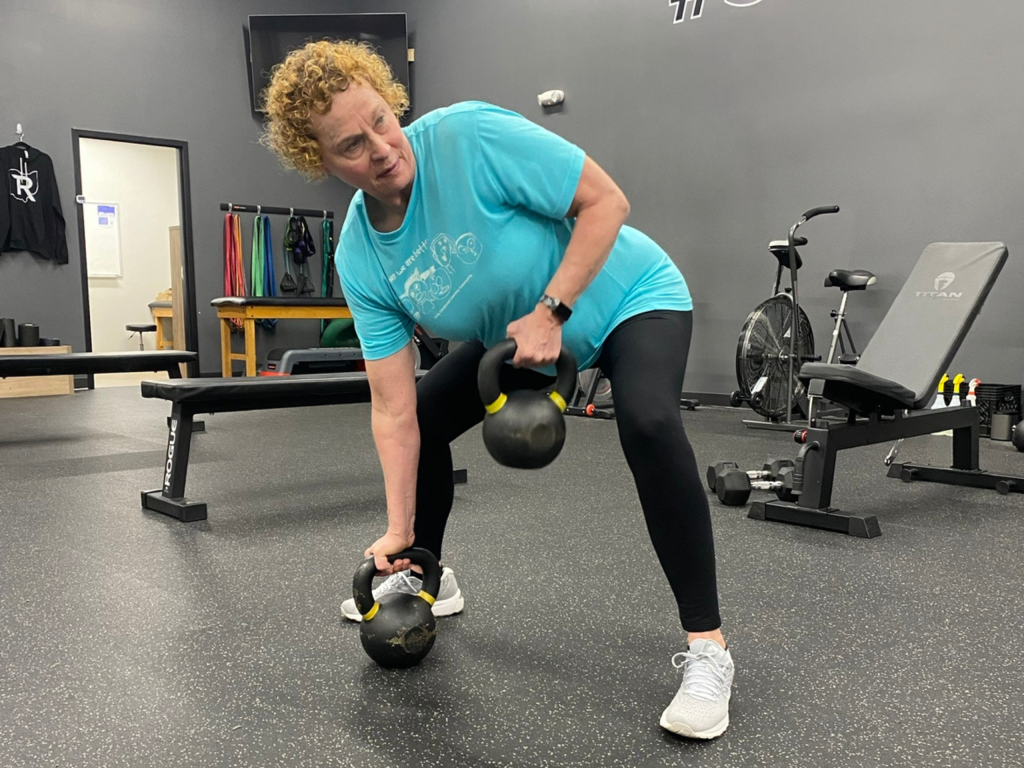**The Power in Your Hands: Grip Strength as a Marker of Health**
Grip strength isn’t just about opening jars or shaking hands with confidence; it’s a window into our overall health. Over the years, researchers have delved into the significance of grip strength, especially in adults 40 and older. Here’s why it matters and how it stands as an impactful marker of health.
**Grip Strength and Health**
At its core, grip strength is a measure of muscular function. But its implications extend far beyond the muscles in our forearms. Studies have consistently shown a correlation between grip strength and a variety of health outcomes:
1. **Cardiovascular Health**: Lower grip strength has been linked to higher risks of cardiovascular diseases.
2. **Mortality**: A decline in grip strength can predict all-cause and cardiovascular mortality.
3. **Functional Ability**: Grip strength is indicative of one’s ability to perform daily activities, especially as we age.
4. **Bone Health**: Stronger grip strength has correlations with better bone density, reducing risks of fractures.
5. **Nutritional Status**: Malnutrition, particularly protein deficiency, can manifest as reduced grip strength.
**Standards for Adults Aged 40 and Above**
While there are numerous studies available, standards can vary. Here are some general grip strength values:
**Men**:
– 40-49 years: 53-69 kg (mean around 62 kg)
– 50-59 years: 52-64 kg (mean around 58 kg)
– 60-69 years: 32-84 kg (mean around 55 kg)
– 70-79 years: 22-74 kg (mean around 46 kg)
– 80+ years: 16-53 kg (mean around 39 kg)
**Women**:
– 40-49 years: 37-52 kg (mean around 44 kg)
– 50-59 years: 27-50 kg (mean around 38 kg)
– 60-69 years: 16-49 kg (mean around 35 kg)
– 70-79 years: 12-42 kg (mean around 30 kg)
– 80+ years: 6-36 kg (mean around 25 kg)

**Grip Strength as an Early Warning System**
Changes in grip strength can serve as an early warning sign for various health issues. As such, monitoring grip strength regularly can give healthcare providers and individuals crucial insights into potential health risks before they become severe.
Often underestimated, grip strength is not only vital for activities like rock climbing or weightlifting but is also an indicator of overall muscular health and endurance. A robust grip can translate to better performance in various daily tasks and sports, showcasing the importance of giving those hand and forearm muscles their due attention. Curious about how to enhance your grip prowess? Dive deeper into specialized workouts and techniques at www.trainingroomohio.com to give your grip the strength it deserves!
The might of our grip extends far beyond our hands. It’s a reflection of our overall health, vitality, and well-being, especially as we age. By understanding and keeping track of our grip strength, we’re not just holding onto a hand dynamometer – we’re holding onto the pulse of our health. As the saying goes, knowledge is power, and in this case, that power is firmly in our hands.

Recent Comments